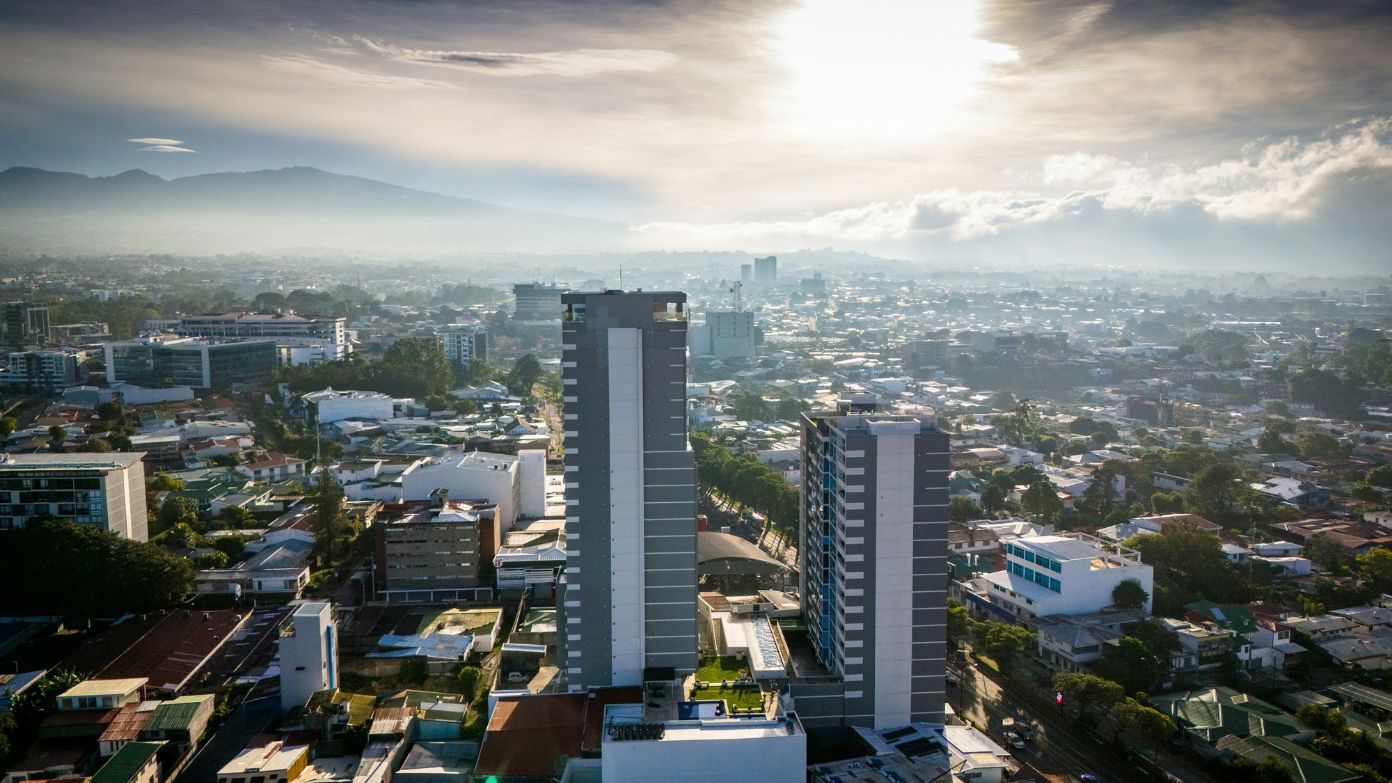When people think of financially smart cities in California, San Francisco or Los Angeles might come to mind. Maybe even Fresno for its lower cost of living. But surprisingly, in 2025, San Jose made it to the top 10 list of most financially responsible cities in America — and it is the only major California city on that list.
If you are wondering how San Jose pulled this off, it all comes down to solid incomes, smart credit use, and how residents manage their money.
Why is San Jose considered financially responsible?
According to a July 7 report from LendingTree, San Jose earned its spot because of how its residents handle debt and credit. The company analyzed 100 of the largest metro areas and ranked them based on five key financial behaviors.
Here is what San Jose got right:
- Lowest debt-to-income ratio (tied with two other cities) at just 51%
- Highest share of residents using less than 30% of their available credit
- Strong income levels that support healthy credit management
- Fewer residents maxing out their credit cards compared to other cities
All of these factors show that people in San Jose are living within their means — which is exactly what the study was looking for.
What does debt-to-income ratio mean for a city?
Your debt-to-income ratio (DTI) is a major factor in your financial health. It shows how much of your income goes toward paying off debt.
For a city like San Jose to have one of the lowest DTIs in the country means:
- Residents are not drowning in debt
- Most people are not overextending themselves financially
- People are balancing their bills with their paychecks
This is a big deal, especially in a high-cost area like Silicon Valley.
How does San Jose compare to other California cities?
You might expect other big cities in California to show up on this list, but neither Los Angeles nor Fresno made the cut. That is partly because those cities face higher rates of credit card debt, housing costs, and income-to-expense pressure.
LendingTree’s chief analyst, Matt Schulz, put it this way:
“So much of this whole report gets down to income and credit scores.”
And when you break it down, San Jose has higher household incomes and people who manage credit better. That gives the city an edge.
What are people doing right in San Jose?
It is not magic — people in San Jose are doing things that anyone in America can try to do. Here is what they are getting right:
- Keeping credit use low: Most residents use under 30% of their available credit
- Paying bills on time: This is the biggest factor in a person’s credit score
- Not maxing out cards: Very few San Jose residents are hitting their credit limits
- Living within their income: People are not stretching themselves too thin financially
All of these habits lead to healthier finances — and they show up in the numbers.
What role does income play in credit health?
While income itself is not part of your credit score, it still matters. It affects how much credit you can qualify for, how easily you can pay down debt, and how likely you are to avoid late payments.
In San Jose, strong tech industry jobs and higher average salaries give many people the cushion they need to handle their finances responsibly.
Schulz explained it this way:
“Income plays a major role in setting how much of a credit limit you get once you do get the card.”
So even though San Jose is expensive, residents are managing that cost with solid earnings and good financial decisions.
What can you learn from San Jose’s example?
If you are trying to improve your finances, San Jose’s approach offers some lessons:
- Do not spend more than you earn
- Keep your credit card balances low
- Pay your bills on time, every time
- Avoid applying for too much credit all at once
- Check your credit report at least once a year
San Jose is proof that being financially responsible is not about being perfect — it is about being consistent and smart with your money choices.
Related article:
What are the LA curfew details: maps, areas, times, routes, duration

